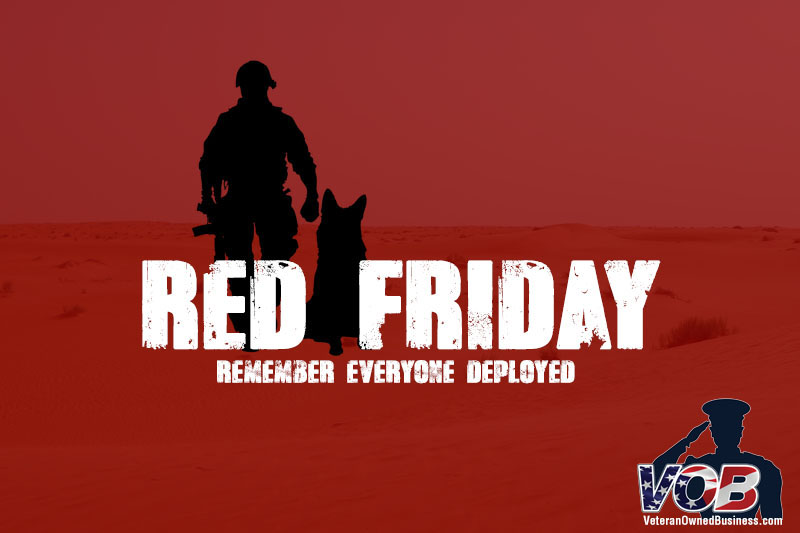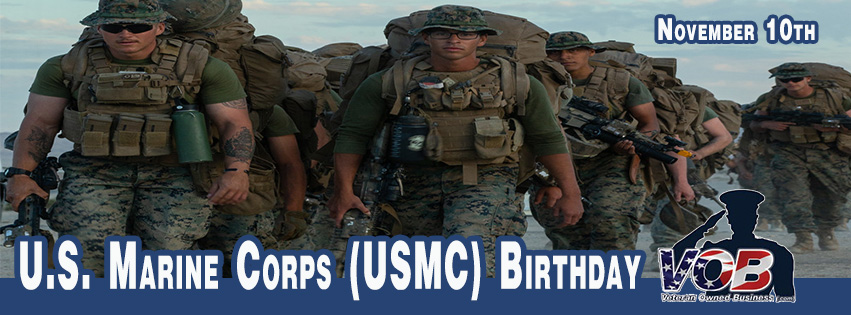National POW/MIA Recognition Day – Friday, September 18, 2015
National POW/MIA Recognition Day
In the United States, National POW/MIA Recognition Day is observed on the third Friday in September (Sept. 18th). It honors those who were prisoners of war and those who are still missing in action, as well as seeking the return of the remains of fallen soldiers.
This day was established by an Act of Congress, by the passage of Section 1082 of the 1998 Defense Authorization Act.
The United States president each year proclaims National POW/MIA Recognition Day along with many individual states. The proclamation commemorates the observances and reminds the nation of those Americans who have sacrificed so much for their country.
Observances of National POW/MIA Recognition Day are held across the country on military installations, ships at sea, state capitols, schools and veterans’ facilities.
This observance is one of six days throughout the year that Congress has mandated the flying of the National League of Families’ POW/MIA flag. The others are Armed Forces Day, Memorial Day, Flag Day, Independence Day and Veterans Day. The POW/MIA flag was first recognized by Public Law 101-355 in 1990.
The flag is to be flown at major military installations, national cemeteries, all post offices, VA medical facilities, the World War II Memorial, Korean War Veterans Memorial, the Vietnam Veterans Memorial, the official offices of the secretaries of state, defense and veterans affairs, the director of the selective service system and the White House.
History of POW/MIA Recognition Day
More than a half million Americans have been captured and interned as prisoners of war (POW) since the American Revolution. Those numbers include more than 142,000 Americans captured and interned as POWs since World War I, and nearly 100 women.
Many came home, but many more remain missing.
On National Prisoner of War/Missing in Action (POW/MIA) Recognition Day Sept. 18, Americans honor the commitments and sacrifices made by the nation’s prisoners of war and those who are still missing in action.
The country also honors the courage of their families and friends, who live with the uncertainty of not knowing the fate of the missing.
Since World War II, nearly 88,000 men and women in uniform remain unaccounted for. Almost 90 percent of those service-members served during World War II. The Defense POW/MIA Office (DPMO) and the Joint POW/MIA Accounting Command (JPAC) work to keep the promise America has made to its military members and their families that they will never leave a fallen comrade behind.
The DMPO estimates 26,000-36,000 of those still missing are recoverable. More than 1,300 service members who have gone missing while serving in World War II, the Korean War, the Cold War, and the Vietnam War have been identified since 1973.
Since October 2007, the remains of more than 70 servicemen have been identified and returned to their families for burial, including WWII Soldiers, Sailors and Airmen missing for more than 60 years. Three Operation Iraqi Freedom (OIF) Soldiers — Staff Sgt. Matt Maupin, Sgt. Alex Jimenez and Pfc. Byron Fouty — also were returned home for burial. Maupin’s unit, the 724th Transportation Company demobilized at Fort McCoy in 2005. Spc. Ahmed K. Altaie, an Iraqi-born translator and Reserve Soldier who was abducted by gunmen in October 2006, remains the only Soldier listed as missing in OIF.
The President issues a proclamation commemorating the observances and reminding the nation of those Americans who have sacrificed so much for their country.
Observances of National POW/MIA Recognition Day are held across the country on military installations, ships at sea, state capitols, schools and veterans’ facilities. It is traditionally observed on the third Friday in September each year. This observance is one of six days throughout the year that Congress has mandated the flying of the National League of Families’ POW/MIA flag. The others are Armed Forces Day, Memorial Day, Flag Day, Independence Day and Veterans Day.








